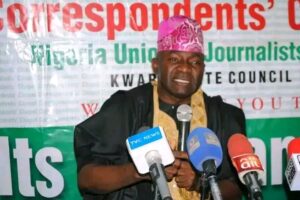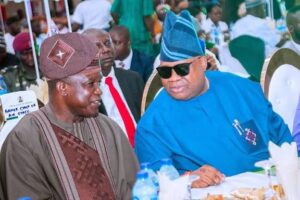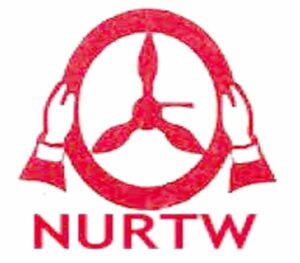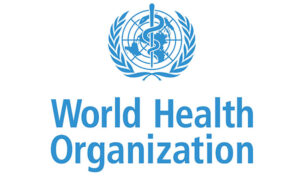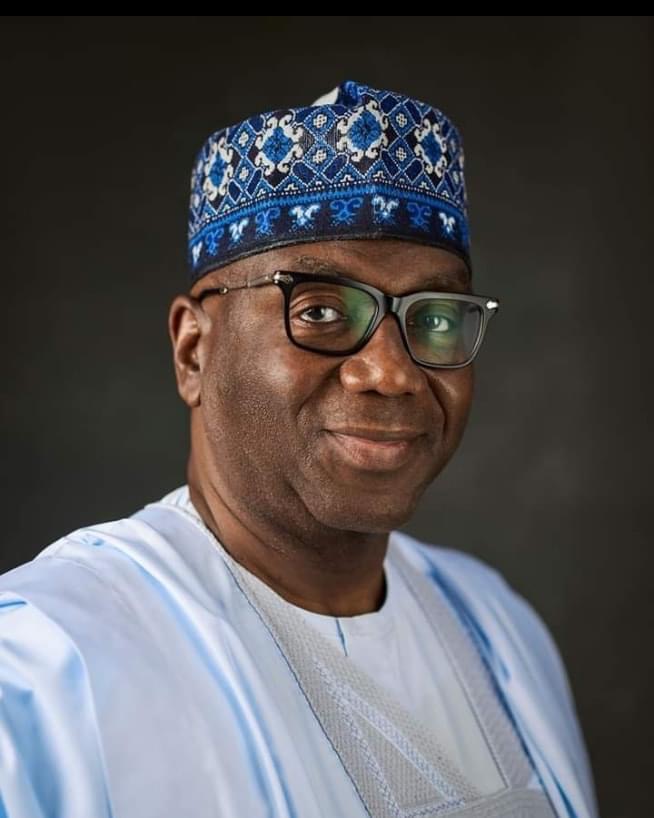
By: Jamiu Suleiman Sakele
The evolving dynamics of today’s Nigerian politics have brought to light a growing disconnect between the Federal Government and state governors. In this context, Governor Abdulrahman Abdulrazaq of Kwara State, as Chairman of the Nigeria Governors Forum (NGF), finds himself in a pivotal position. However, this role, instead of bolstering Kwara’s development, appears to have sidelined the governor’s primary mandate to the people of the state.
Neglected Opportunities for Kwara State
When Kwara State’s governor ascended to the position of NGF Chairman, there was hope for tangible benefits for the state. Sadly, the reality has fallen short. A position of this magnitude should translate into significant political and economic gains for the home state.
Under the previous administration, Kwara benefitted from having a key ally in the Chief of Staff to the President. However, in the current Tinubu administration, the governor’s influence appears diminished. The appointment of Justice Minister Lateef Fagbemi (SAN) and the now-removed Minister for Youth Development, Jamila Bio, did not appear to stem from the governor’s advocacy. While some may argue otherwise, the sacking of Minister Bio underscores inefficiencies that cast doubt on such nominations.
What has Kwara gained under Governor Abdulrazaq’s NGF leadership? Apart from routine board appointments, there are no significant benefits. This raises a critical question: why sacrifice the time and resources needed for state governance in exchange for a largely ceremonial federal role?
The Demands of State Governance
Since assuming office in 2019, the governor’s leadership in Kwara has lacked a clear Management by Objectives (MBO) approach. The promise of the “Otoge” movement was to uplift the state from stagnation. However, the developmental strides expected from the administration remain largely unrealized.
Kwara desperately needs urbanization policies. The poor road networks in Kwara North, Kwara South, and other rural areas are glaring examples of neglected infrastructure. The absence of accessible healthcare and basic social amenities in these regions highlights the lack of cohesive governance.
Housing is another critical area. In his second-term swearing-in speech, Governor AbdulRazaq pledged a housing scheme for civil servants, yet no progress has been made. The housing deficit, especially in rural communities, is a ticking time bomb. Mud houses, vulnerable to collapse during the rainy season, pose risks to residents. These are issues that demand urgent attention, yet the focus seems misplaced.
The Ineffectiveness of His Chairmanship
The NGF Chairmanship has further exposed Governor AbdulRazaq’s inefficiencies. The decision of state governors to take the Federal Government to court over local government autonomy and the EFCC’s dissolution case are examples of discord that undermine the “Renewed Hope” agenda of President Bola Ahmed Tinubu.
Governor AbdulRazaq’s strained relationship with key political figures in Kwara, including “Tinubu men,” has compounded the issue. His actions before the 2023 elections alienated potential allies, and the repercussions are now evident. Instead of leveraging his chairmanship to mend fences and secure federal opportunities for Kwara, the governor has seemingly allowed personal grievances to dictate his actions.
Call for Resignation in the Interest of Kwara State
Governor AbdulRazaq must prioritize Kwara State over personal or political ambitions. Resigning as NGF Chairman would allow him to focus on pressing state issues such as infrastructure development, housing, and rural healthcare.
Additionally, the administration must revisit its ₦100 billion project portfolio to ensure these investments align with the state’s actual needs. Conducting regular executive council meetings, fostering collaborative decision-making, and emphasizing rural development are critical for Kwara’s progress.
The time has come for Governor AbdulRazaq to make a choice: continue as NGF Chairman and risk leaving Kwara in stagnation, or step down and focus on fulfilling the promises that brought him into office. Leadership is about priorities, and Kwara deserves a leader fully committed to its progress.
In fairness, the governor’s recent stay in the state has led to some critical development decisions, proving that his undivided attention can yield tangible results. Resigning and focusing entirely on state governance will undoubtedly be in Kwara’s best interest and pave the way for meaningful progress.
The tenure of Governor AbdulRahman AbdulRazaq will expire in less than three years, yet he hasn’t secured any significant federal appointments for our state. Now, as Chairman of the Nigeria Governors Forum (NGF), his inactivity is glaring. I strongly believe it’s time for him to resign and focus on our state’s pressing issues. If he doesn’t, it may harm our party candidate’s chances in 2027.
As a member of the same party and from Adewole Ward, I’m concerned that the governor’s dual roles are affecting his ability to govern effectively. No one in the party can tell him the harsh truth, but I genuinely care about his success and our state’s progress. I think he can do better if he concentrates on state affairs rather than NGF Chairman activities. His recent stay in the state has shown promising results, proving that his undivided attention can yield tangible progress. It’s crucial for him to prioritize our state’s needs over his national role.
By focusing on these critical issues, Governor AbdulRazaq can ensure a lasting legacy and pave the way for meaningful progress in our state.
Jamiu Suleiman Sakele, a concerned citizen from Adewole Ward and a committed member of the All Progressives Congress, writes in the interest of Kwara State’s progress and prosperity.


